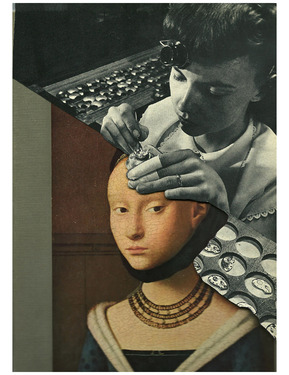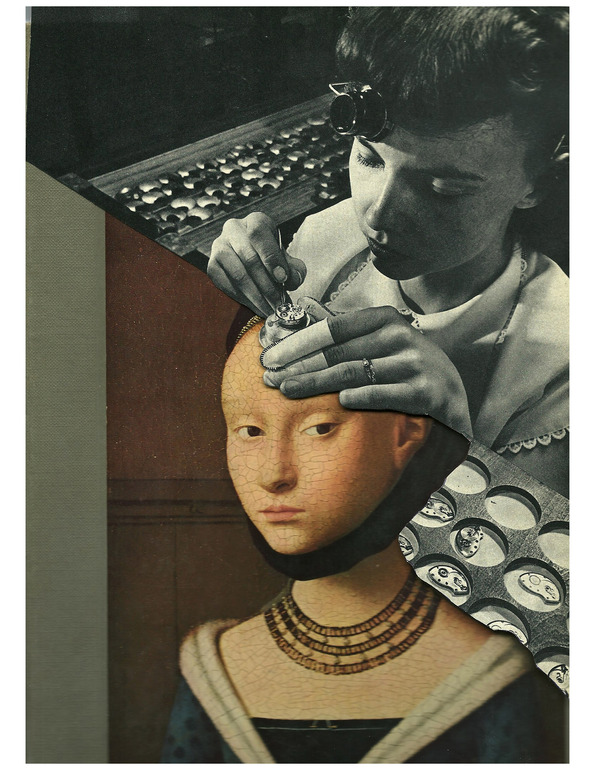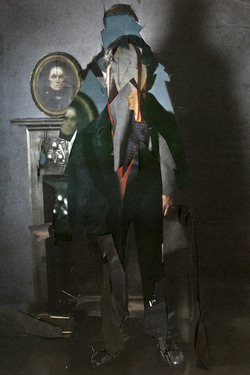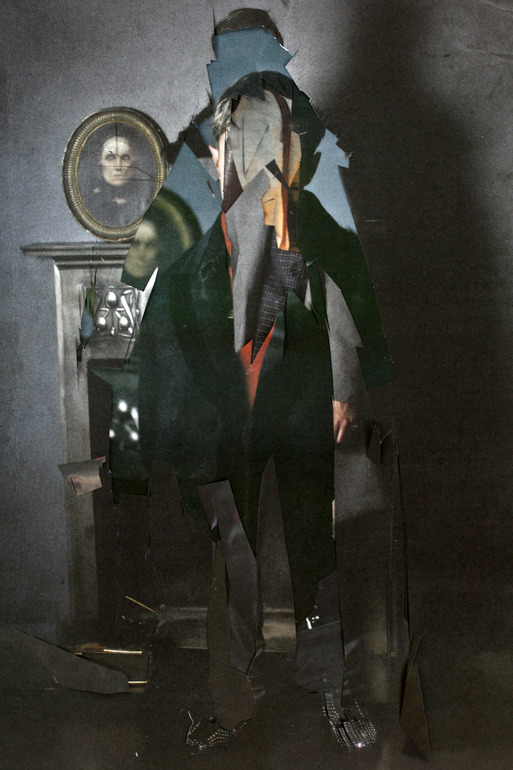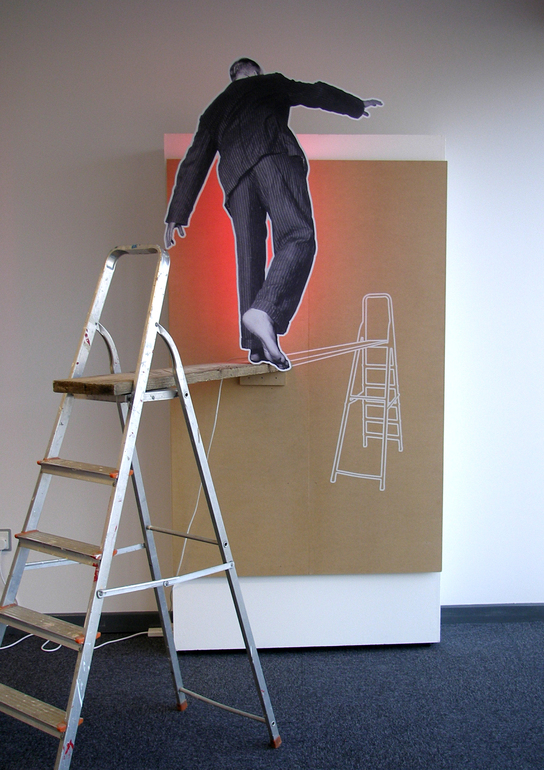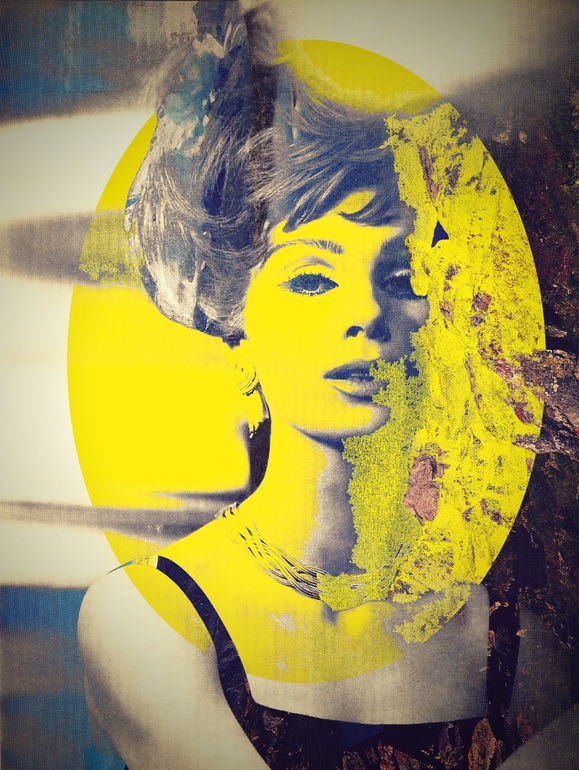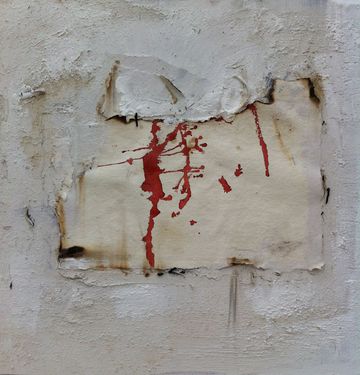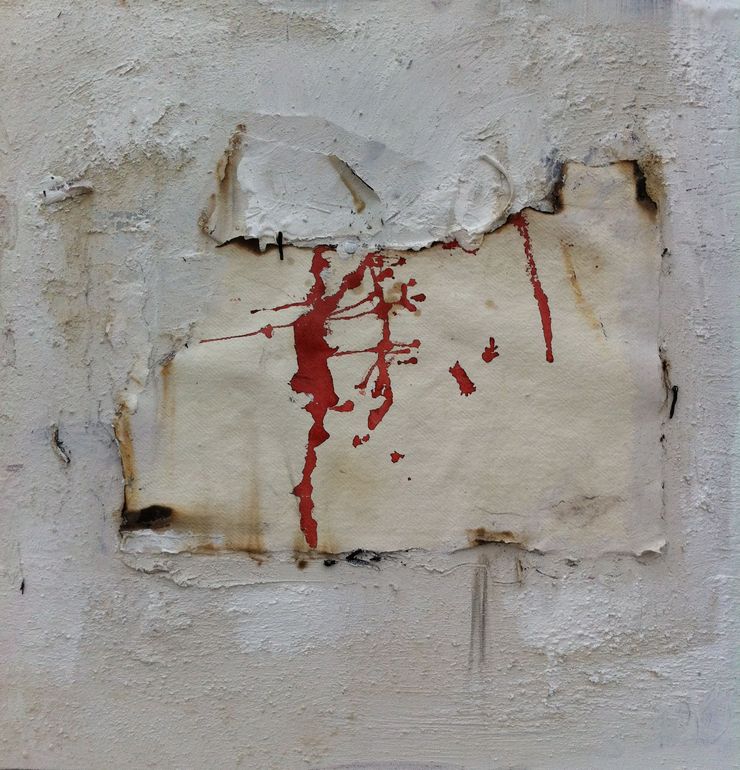 |
| Vivi-Mari Carpelan - free drawing from life, copyright 2009 |
I am currently going through a very difficult inner process due to receiving a great number of rejections within a short period of time. I do start to think differently about my work and whether I can subject myself to such difficult feelings. Perhaps as a woman I harbour and process them much more than men do. I hate to say this but disabled people are also usually more fragile, which no one cares about of course. I feel as if I had lost something valuable to me, almost as if it was a pet or friend.
The rejections hit me very hard this time, too many of them in too short a time, on top of my struggles to integrate into a new culture and feeling that I am generally speaking treated with indifference. All this has been hard, not mentioning how previously I have always tried to be tough and pursue what I thought of as my calling, believing I was doing it for people out there who would indeed be touched... there was a lot of stress involved in this. I have now started to doubt my calling and it's also true that I'm not sure if I can go on creating. However, it has become a life style and maybe at the end of my inner process I will come up with something new. I already had some ideas so perhaps all is not lost... but I will probably avoid dealing with the art establishment because I can't handle the harshness, commercial attitudes or the whims of authorities with narrow ideas of what constitutes contemporary art. Ultimately, I also shun the orders issued to various art establishments of a government who cares more about statistics than individual destinies.
I had started a discussion on Linked in about the difference between contemporary and modern art - I already posted some of my thoughts in my previous blog post. Here are some more. I hope it's not all too disjointed as they are copied from different posts.
I understand feedback about rejections is impractical, however it's also a bit of fad and it leads to people not even receiving a notification of failure a lot of the time. This is true for artists as well as anyone seeking a job in this country. Within the year and a half that I have lived here, this has happened to my husband countless of times. There is something cruel and unforgiving here in the UK which scares me. I don't think it's as much a matter of the quality of the work as snobbery. I personally suspect that the British are terrified of not seeming contemporary enough to the outside world because they have always been known as being quaint, conventional and old fashioned. I think this trauma, dating back to the Victorian times, makes all the difference. My images contain vintage imagery although the message is contemporary, and I don't believe for a second that anyone has looked beyond the surface. Martin also suspects that there is a great division between the normal audience who find an intellectual approach intimidating and will go for low brow art, and the "art establishment" which is trying to push their own image as supportive of only that which is currently approved as being innovative (i.e. in this case shunning any reference to what has been before). The latter is high brow art.
I had yet another rejection a few days ago, this time from a gallery in one of the bigger towns in this very rural backwards area, they are setting up an exhibition connected to Women's Day. This is ironic since I speak of women's issues in ways that are emotional and not too hard to understand, and I know this speaks to a general audience. But not so when it comes to the judges, who are obviously more interested in concepts. I'm saying this because my impression of this country is that it's a people hugely driven by their minds, rather than their hearts, they are what I would call "over-civilized". Don't get me wrong, I do actually like the British in many ways, but to be quite honest I value their heritage and old fashioned design, and find whatever modern design I have come across really nondescript and uninteresting.
I'm not sure I believe that there is no age discrimination in regards to the arts in the UK. It seems to me that the more a country tries to be idealistic, the more it also highlights the problems with democracy. This is a very political and idealistic country, very much divided into two camps and very concerned with what it looks like to the outside world (it's after all a country with a glorious past as a world dominator).
I feel very strongly that up and coming young artists are exciting to the establishments while old farts like us are passe, not exciting. Of course I hope I'm wrong... but age discrimination is everywhere, in sneaky ways.
Someone on Linkedin has put forth the idea that contemporary art should be judged by the level of experimentation of style, form and subject matter, but I'm not sure how one would go about judging someone's level of these things? It seems quite difficult to me and subject to a lot of woolly interpretations...
I think money is one of the worst enemies of art, we all need it desperately, few of us have enough of it, and it drives a lot of people in ways that are very unethical and unjust. By the end of the day, it's a mindset, which also influences other choices in life and lends itself to power tripping. I think this is where art is gone wrong - it's not connected to values of a more "spiritual" nature if one might say so. Empathy, compassion, feeling, sharing, togetherness, onenness, ---- fill in the rest as you see fit - they are all out of the equation (well, for the most part anyway). On the other hand it's difficult to get money from funders unless you're working for your community, but it's got very little to do with real ethical values because it's basically just orders from the government that are meant to boost the statistics and other superficial matters. I also want to point out that self-development can lead to collective development, as people reflect upon art that contains his element and see themselves in it.
I have to admit that Tracey Emin's art has an element of self-development in it, but as far as I can see this is not a reason for her fame, but rather just a side issue that makes her stuff more "sensational". See my blog post about her retrospective exhibition.
I have to admit that Tracey Emin's art has an element of self-development in it, but as far as I can see this is not a reason for her fame, but rather just a side issue that makes her stuff more "sensational". See my blog post about her retrospective exhibition.
There are now plenty of gallery owners who are only in it for the money - I have been invited to show in galleries that offer you very little space in London for vast amounts of money (several thousands of pounds for just a week). This is a new form of business, in which desperate artists are being taken advantage of.
I suppose it's basically a good thing that the way we see art is widening, you see this for instance in the case of Deller (http://en.wikipedia.org/wiki/Jeremy_Deller ) who won the Turner prize in 2004 and is now presented at the Hayward Gallery in London. He doesn't even know how to draw or paint. He follows his whims and does whatever comes to his mind. How he has been able to afford this is a mystery to me. Not many have the luxury of experimenting as wildly as he has (many of the projects have involved a lot of people). I saw an hour long documentary but was so bored I skipped over a lot of it. It's not because I condemn what he does but because it's so jerky and lacking in a sense of personal development. I think some of the stuff could have an emotional impact on me but I'm not sure I would believe in the sincereness behind it. Anyway, this guy gets a lot of attention, while others who are deeply involved with exploring their inner selves are never going to be presented by the art establishment (I'm speaking of the ones who run these big awards and set up important exhibitions in non-commercial museum galleries - and in the UK it's obviously in London).
So Deller might be a good artist in the sense that he helps challenge people's perception of art (I shall pass no personal judgement in this regard as I haven't seen the exhibition, all I can say is that I'm not convinced as yet) but it's easy for the authorities to get so stuck on the names that have made it and the art these people produce that any other form of art gets ignored. Experimentation can remain a very shallow concept, one that encompasses surface but not contents. This is the bit that worries me the most.
More in previous blog posts, e.g. this one.
More in previous blog posts, e.g. this one.











